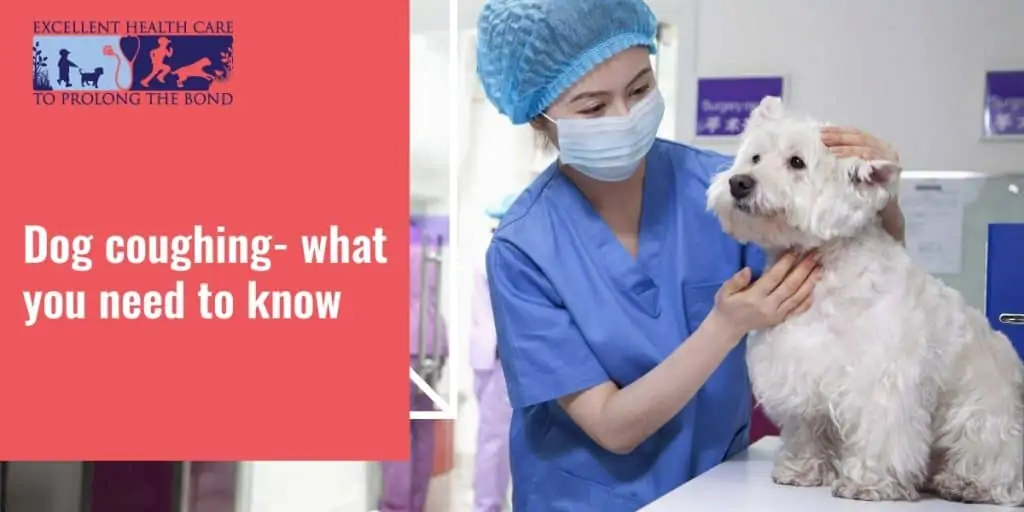
Coughing in dogs can be common; however, persistent coughing is not. As a dog owner, you might find it difficult to understand when your pooch’s cough signifies a serious underlying issue and when it does not.
Dogs can cough due to several reasons. You might have to analyze the intensity of the cough, the circumstances or even the breed to identify the actual reason why your dog is coughing. As a pet parent it is important to understand what makes your dog cough to provide early cure.
Common causes of coughing in dogs
Kennel cough: Kennel cough is caused by viral or bacterial infection. Sudden recurring or consistent coughing a healthy dog can be kennel coughing.
A dog diagnosed with kennel coughing can exhibit sneezing, snorting and even vomiting. The dog can also show signs of coughing spasms when exercising. As kennel cough is communicable, you can try and identify this health concern by checking whether your dog has been in contact with other dogs.
Symptoms of kennel cough can be recurring and can last up to nearly a month. The condition is treatable via antibiotics even when it can subside by its own after some time.
Acid reflux: Similar to humans, dogs can also suffer from acid reflux. The stomach content can go all the way up the food pipe and is inhaled in. The conglomerate of stomach acid of food particles can cause persistent distress resulting in deep coughs.
Dogs with sensitive stomach usually fall prey for acid reflux. Acid reflux is usually cured without medical intervention; however, consistent or reoccurring acid reflux symptoms should always be checked with the help of a veterinarian.
Pneumonia: Pneumonia is one of the common causes of coughing in dogs. The condition is characterized by fluid formation in the lungs. This can be confirmed by checking for signs of wet or productive coughing.
Some common symptoms of pneumonia are loss of appetite, lethargy and breathing difficulty. The condition is pathogen driven and typically can be cured via antimicrobial drugs. Pneumonia can be different types, therefore, once you suspect that your dog has pneumonia, it is important that you take him to a veterinarian for an accurate diagnosis and effective cure.
Signs of serious coughing
Dogs develop coughing occasionally. When your dog starts coughing, monitor him for a week. Check for any particles that might be lodged in his throat and make sure that he does not have any difficulty breathing. If the condition does not clear on its own but turns worse in the second week, it is recommended to consult a veterinarian.
Coughing in dogs can be a serious concern. You never know what your dog is going through unless you observe him closely. This is why it is recommended to spend some time with your dog once she starts coughing deeply or abnormally.
Your veterinarian can provide you with the right treatment plan for your pooch once he is subjected to some tests for coughing.
